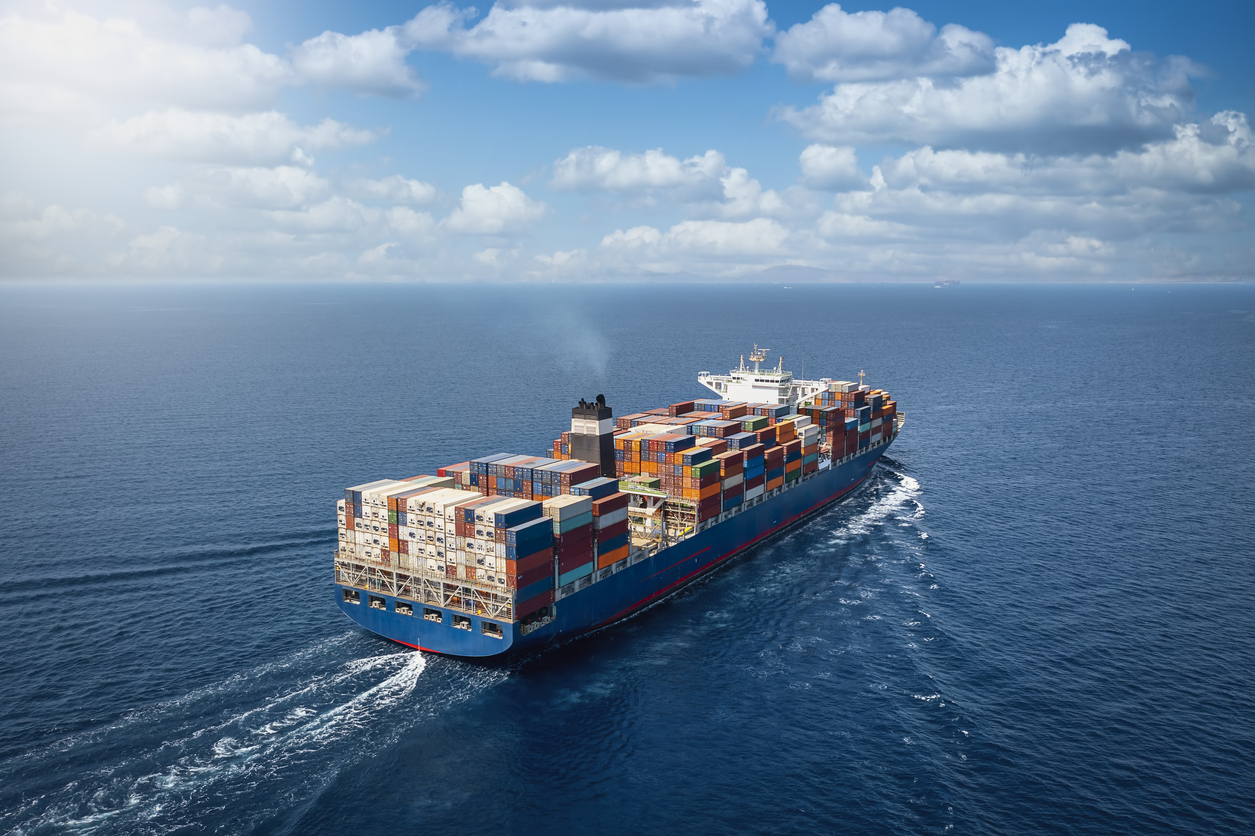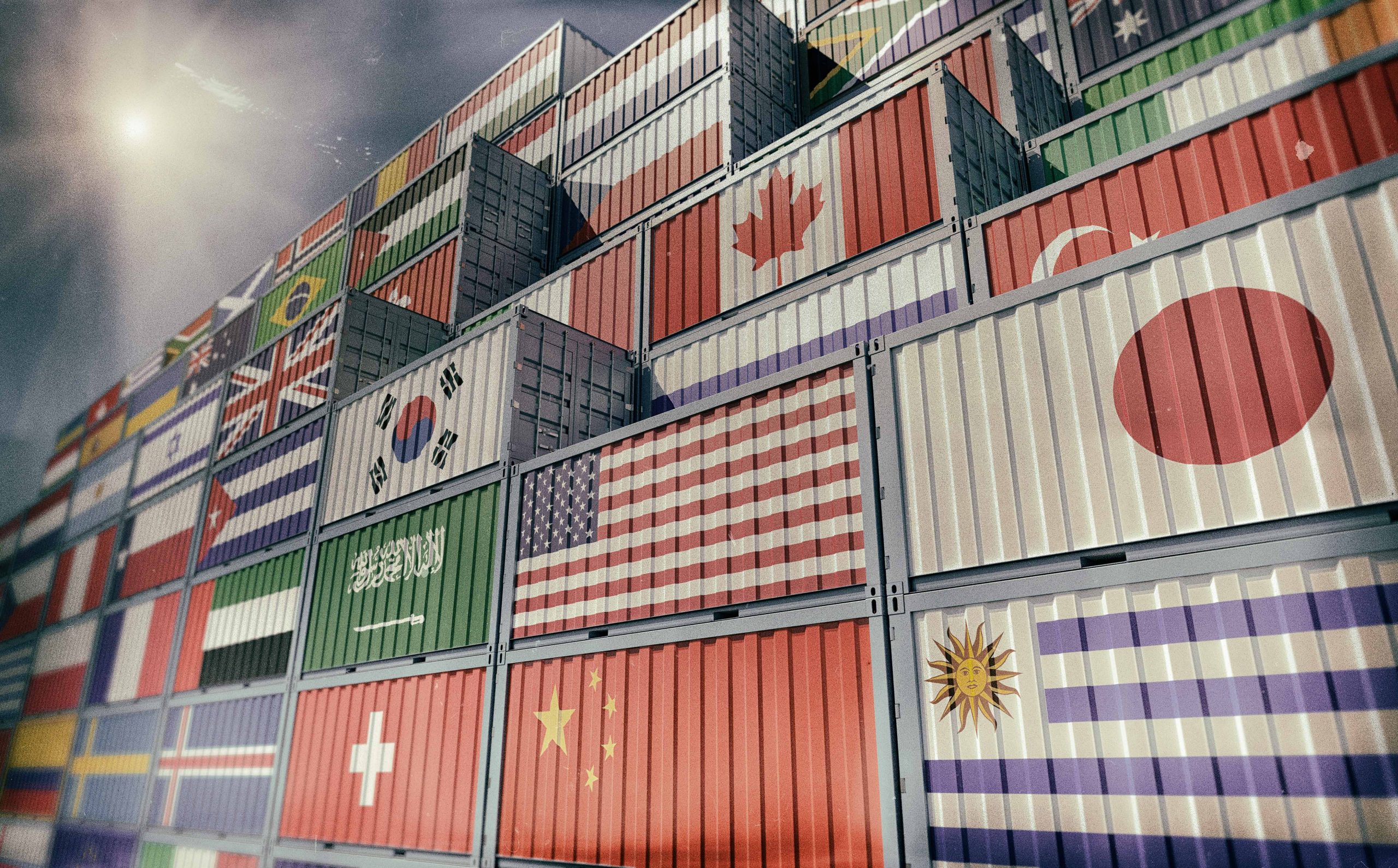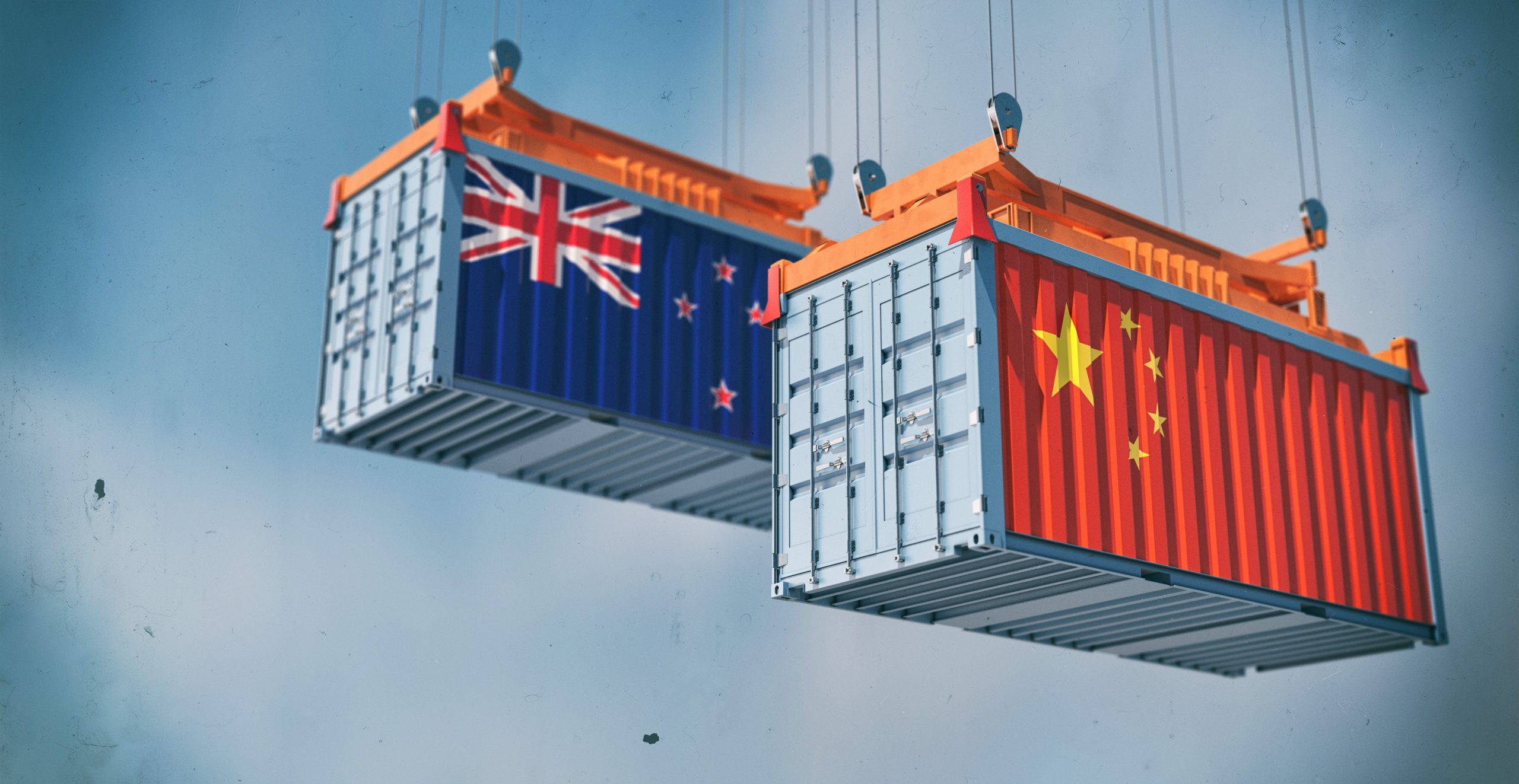How to Ship Goods from the UK to Nigeria – A Beginner’s Guide
How to Ship Goods from the UK to Nigeria – A Beginner’s Guide.
If you’re a business owner who is thinking about expanding their business to Nigeria, you may be wondering how to ship goods from the UK to Nigeria. This guide will provide a few of the most important guidelines for how to ship goods from the UK to Nigeria. It is not exhaustive, but it will help you get a better understanding of what must be done.
This guide will not only teach you how to export your products from the UK, but also how import them into Nigeria.
Rules and regulations for international shipping
You need to understand the rules and regulations for shipping goods internationally. For example, you may not know that there are specific customs requirements for exporting products to Nigeria, such as the need to apply for a Nigerian import license or certificate (NIC).
Before you can export your products to Nigeria, you will need to complete the following steps:
-Understand what Nigerian import licenses or certificates are required
-Get all of the necessary permits – including any necessary health certificates, CITES certificates, and other relevant documents – in order to have your goods shipped from the UK.
-Be aware of any other specific rules or regulations for how to ship goods from the UK to Nigeria.
Requirements for the freight forwarders
The first thing you will need is a freight forwarder. There are many different types of freight forwarders, but what you want to find is a freight forwarder that has experience with shipping goods to Nigeria. This will help ensure that your goods are not lost or stolen on the way to Nigeria.
You can find more information on freight forwarding companies by doing some research online or contacting the Chamber of Commerce of your area for recommendations.
Making sure your goods are safe in transit
One of the most important things you need to be aware of when it comes to transporting goods is that any goods that are being transported internationally must be in compliance with the International Convention on the Harmonized Commodities Description and Coding System. If you are not familiar with this code, please take a look at this link for more information:
https://www.wto.org/english/tratop_e/tpr_e/tpr_e.htm
Another thing to make sure your goods are safe is by using appropriate packaging materials for international transport. These packing guidelines will help ensure that your products arrive safely in Nigeria. Some of these include:
-Packing your items in appropriate containers or packages for international transport, whether it is air freight or sea freight
-Ensuring that all items are properly labelled with the country of origin and destination so they can easily be identified when inspected by Customs officials -Storing hazardous materials away from foodstuffs and other consumables, if possible
-Using adequate cushioning material to protect fragile items during transit
Documentation requirements
The Nigerian government requires that any goods entering the country be documented. This includes manufacture of goods, imports of raw materials, and transfers of finished products between two different companies.
Nigerian Customs Service has the right to conduct inspections on any imported goods at their discretion. This may include checking for discrepancies in weight, dimensions, or value. Items must be declared before they are exported from the UK to Nigeria.
Companies are also required to inform Nigerian Customs Services of all transactions that may occur involving goods valued over N2 million (approximately £5,000).
Importing to Nigeria
As with exporting to Nigeria, importing products into the country is also a complicated process. One of the most important things you need to do when importing goods is find out what products are banned in Nigeria so you can avoid penalties.
Nigeria’s Bureau of Statistics maintains a list of goods that are prohibited or restricted in Nigeria. You should be aware of this so you know what goods not to transport into the country.
If your product falls into one of these categories, it cannot be imported to Nigeria. Keep an eye out for items like firearms, ammunition, drugs, fireworks, poisons, and explosives.
There are also other restrictions on foodstuffs including milk and milk products that are unpasteurized or homemade; meat and meat products that have not been inspected by Nigerian authorities; shellfish and crustaceans; vegetables and fruit that have not been inspected by Nigerian authorities; edible oils that have not been inspected by Nigerian authorities; fresh fruits without inspection certificates from designated authority in exporting country; frozen meats without inspection certificate from designated authority in exporting country; mollusks without inspection certificate from designated authority in exporting country; live animals without approval from appropriate government agency in importing country or animal quarantine station at place of entry.
You’ll
Shipping cost of shipping goods from the UK to Nigeria
Shipping rates can vary depending on the weight and volume of your shipment. You should also take into account the type of delivery, such as air or sea freight, and how quickly you need it delivered.
The economic development in Nigeria has increased the demand for imports. This has led to a decrease in the amount of shipping space available for export cargoes. These two changes have increased shipping costs from the UK to Nigeria.
Though Nigeria’s major airport is in Lagos, you may find it more expensive to ship goods via air than via sea due to high demand and limited space at airports.
Conclusion
There are many challenges involved in shipping goods from the UK to Nigeria. But don’t worry. We have a beginner’s guide for you.
Shipping your goods can require a lot of planning and a bit of luck. But by arming yourself with the right knowledge and following some simple steps, you can successfully ship from the UK to Nigeria.








LEAVE A COMMENT
You must be logged in to post a comment.